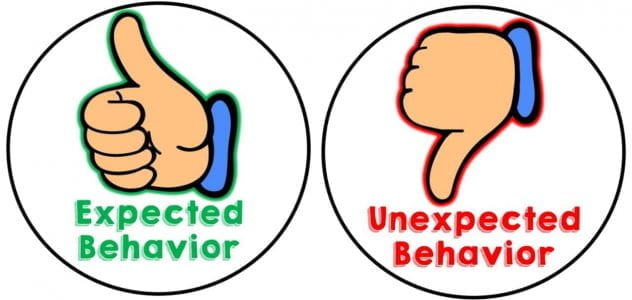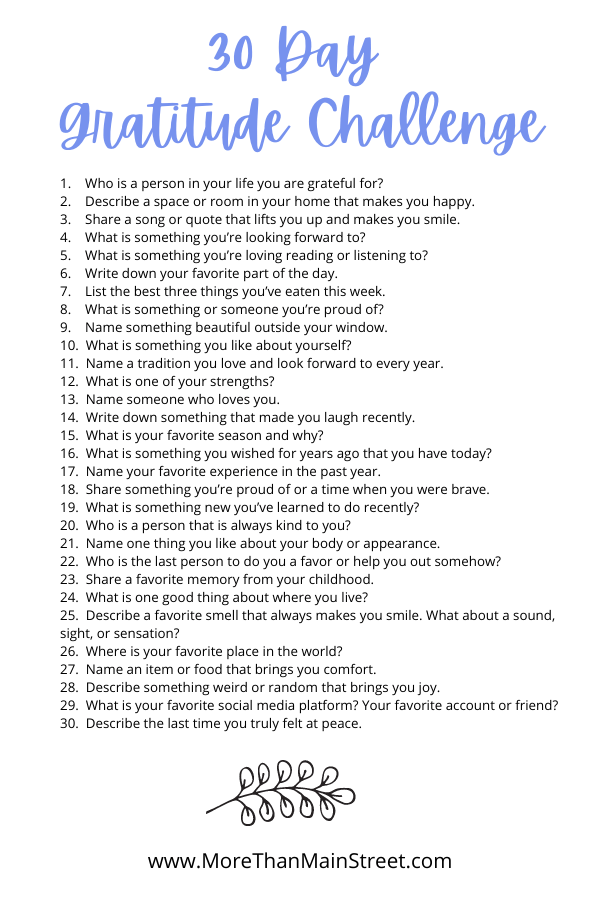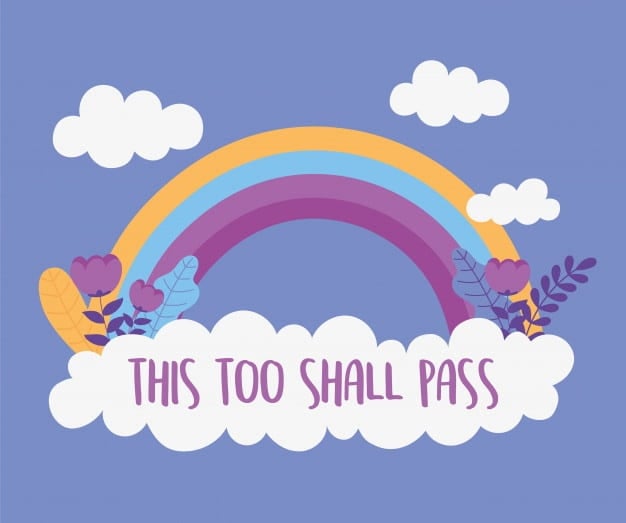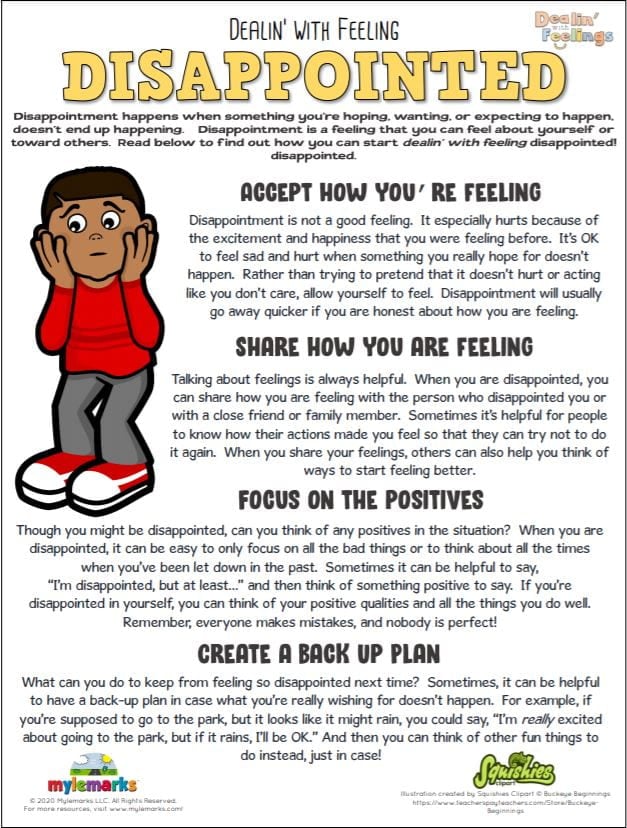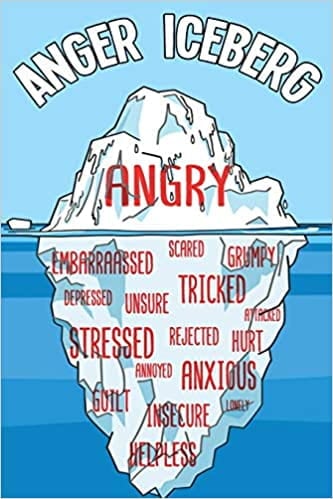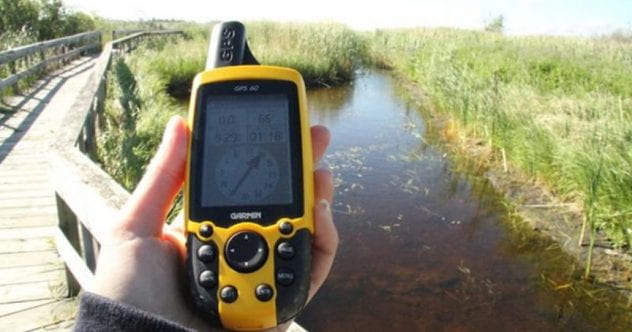
I recently was talking with a student about how fun geocaching was. If you’ve never tried it, it’s basically a modern day treasure hunt. How fun does that sound?! When our kids were younger, we hunted for many, many geocaches. We would check on the Manitoba geocaching website and find a geocache that we wanted to explore, then off we’d go on our treasure hunt! We made up little tokens with our family name, and we’d leave those behind in the geocache, and the kids would take turns choosing something to take in return.
One particular year we were camping in Spruce Woods Provincial Park and had chosen a geocache that was nearby. It was a bit of a hike, but we were a hiking family, so no big deal. So we thought. We hunted and hunted, bush-whacked, and stomped through all kinds of terrain. We happened to pick a particularly hot day, and even ended up running out of water.
What we thought was going to be an easy hike, ended up being hours longer than anticipated. Finally, at one point I said, “Okay, I think we should admit defeat and turn back.” To which our youngest impassionately said, “We can’t turn back! We’re the Martens’s!” Ouch. Having always taught our kids we that were a super hero-esque family, able to accomplish anything we set our minds to, this comment particularly hit the mark! So, my daughter (who by now realised the limits of our super powers) and I decided to turn around and find our way out, while the two boys and my husband trudged on.
Well, they actually did find the geocache, and as they turned around to come back, one of them noticed that there seemed to be a trail just parallel to where they were bush whacking. Hmm…sure enough, unbeknownst to any of us (and certainly not in the description of the geocache *ahem*) there was a well maintained trail leading right up to the geocache. So what could have been about a 2 hour hike in and out, took more like 5 hours. argh.
As we were driving back to our campsite, with the evening sun in our rear view mirror, stomachs growling, quickly changing supper plans from hobo dinners to hot dogs…I was reminded of how life can be just like that geocache. We sometimes find ourselves trudging through the bogs, and mosquitos and difficult terrain of life when, with some different tools, information and supports, we just might find a smoother path. Practicing mindfulness, learning about coping strategies, maybe talking to someone who’s made the trek before, getting their perspectives and tips and tricks…all these things can help you find another path than the difficult one you might currently be on.
As always, you are invited to reach out through email if you are finding yourself on a rocky trail, and looking for someone to help.
 This post is about mindfulness practice and how it may help your child be more in tune with their emotions and develop emotional balance.
This post is about mindfulness practice and how it may help your child be more in tune with their emotions and develop emotional balance.
